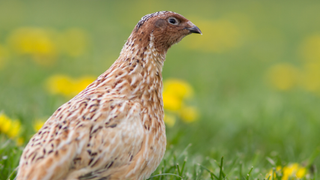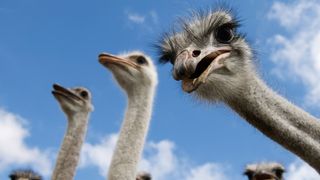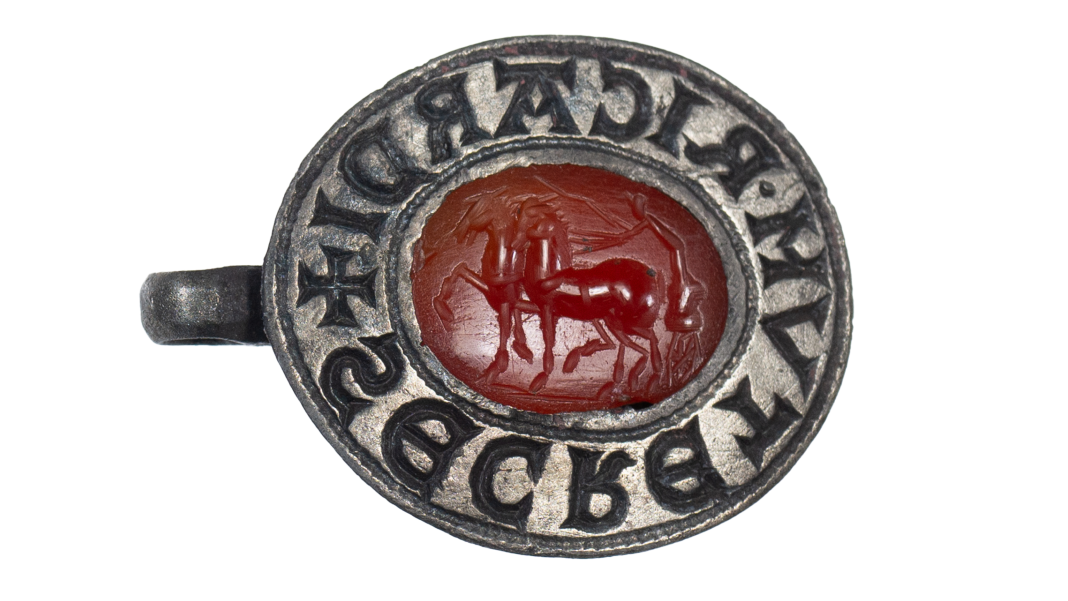Bird news, features and articles
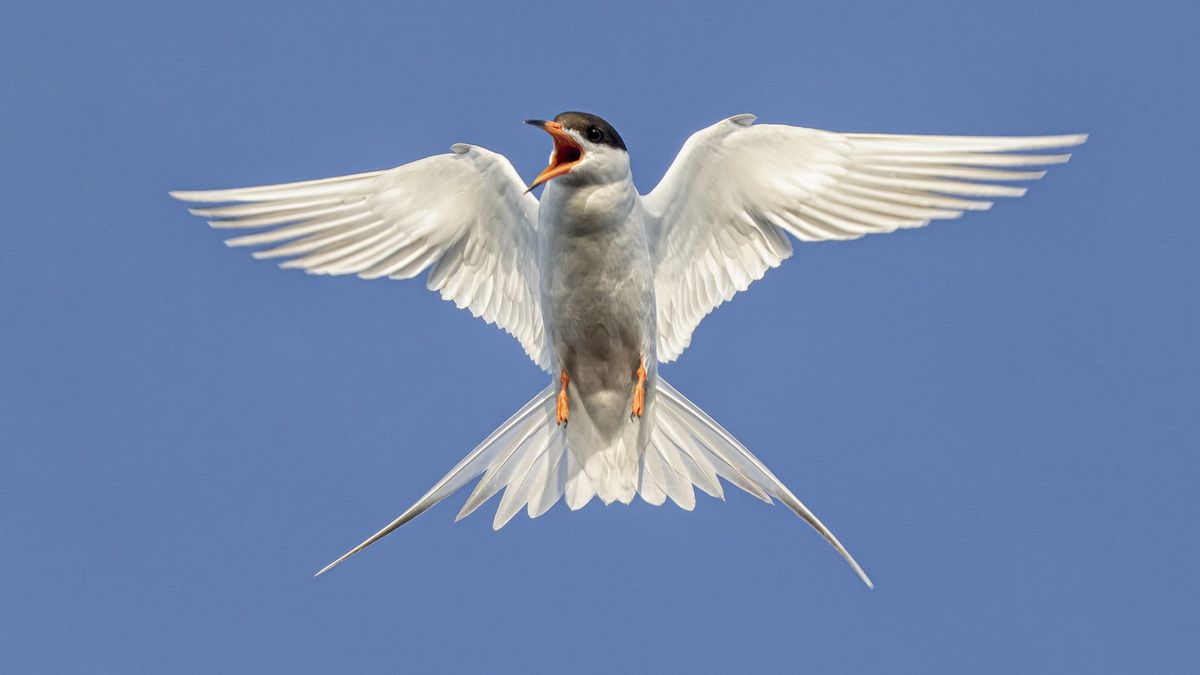
The skies are filled with thousands of bird species (not to mention a few that prefer to stay on land), and each one has special adaptations, distinctive behaviors, and an evolutionary lineage that ultimately stems from the dinosaurs. With such a dizzying variety of our feathered friends — living and extinct — Live Science's expert science writers and editors have plenty to say about birds. Whether you're interested in sunbirds singing the same songs for a million years, explaining how crafty cuckoos trick other birds or ranking the biggest birds on Earth, you can find the latest bird news, articles and features here.
Discover more about birds
Explore Birds
Latest about Birds
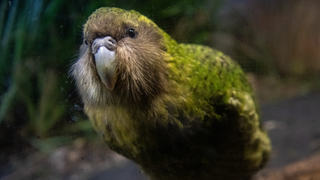
Rare nocturnal parrots in New Zealand are breeding for the first time in 4 years — here's why
By Skyler Ware published
The 2026 breeding season for endangered kākāpō could produce the most chicks in decades.

Last of its kind dodo relative spotted in a remote Samoan rainforest
By Whitney Isenhower published
The manumea, a critically endangered ground pigeon and one of the closest living dodo relatives, has been spotted multiple times in a remote Samoan rainforest.
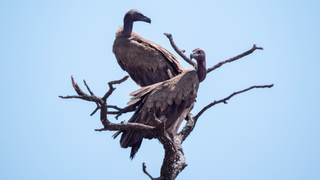
Why do vultures circle?
By Chris Simms published
Circling vultures aren't waiting for you to die, and seeing them should be a welcome sight because of the benefits they bring, experts say.
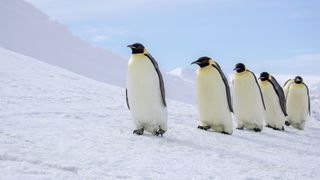
Fossil of huge penguin that lived 3 million years ago discovered in New Zealand — what happened to it?
By Daniel Thomas, Alan Tennyson, Felix Georg Marx published
The newly-discovered penguin species went extinct when the ice age hit, but researchers don't think the cold was to blame for their demise.
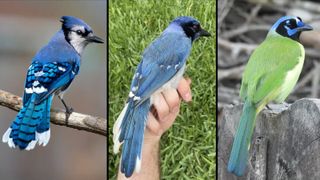
Rare blue-and-green hybrid jay spotted in Texas is offspring of birds whose lineages split 7 million years ago
By Skyler Ware published
The hybrid bird is the product of two species whose habitat ranges began to overlap a few decades ago, potentially due to climate change, researchers said.
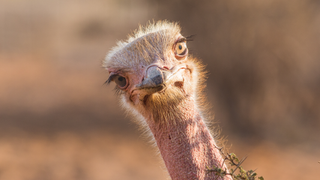
'Rare' ancestor reveals how huge flightless birds made it to faraway lands
By Chris Simms published
The mystery of how related flightless birds ended up so far apart on different continents may have been solved.
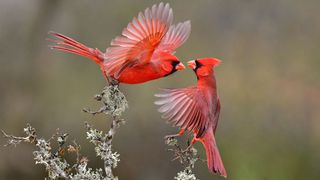
Best bird song identification apps in 2025 — Identify bird calls and improve your avian knowledge
By Kat Bayly published
Impress your friends and learn how to identify birds by their calls with one of the best bird song identification apps — suitable for all age ranges.

Kākāpō: The chonky parrot that can live almost 100 years
By Mindy Weisberger published
This flightless nocturnal parrot is only found in New Zealand.
Get the world’s most fascinating discoveries delivered straight to your inbox.
 Live Science Plus
Live Science Plus





